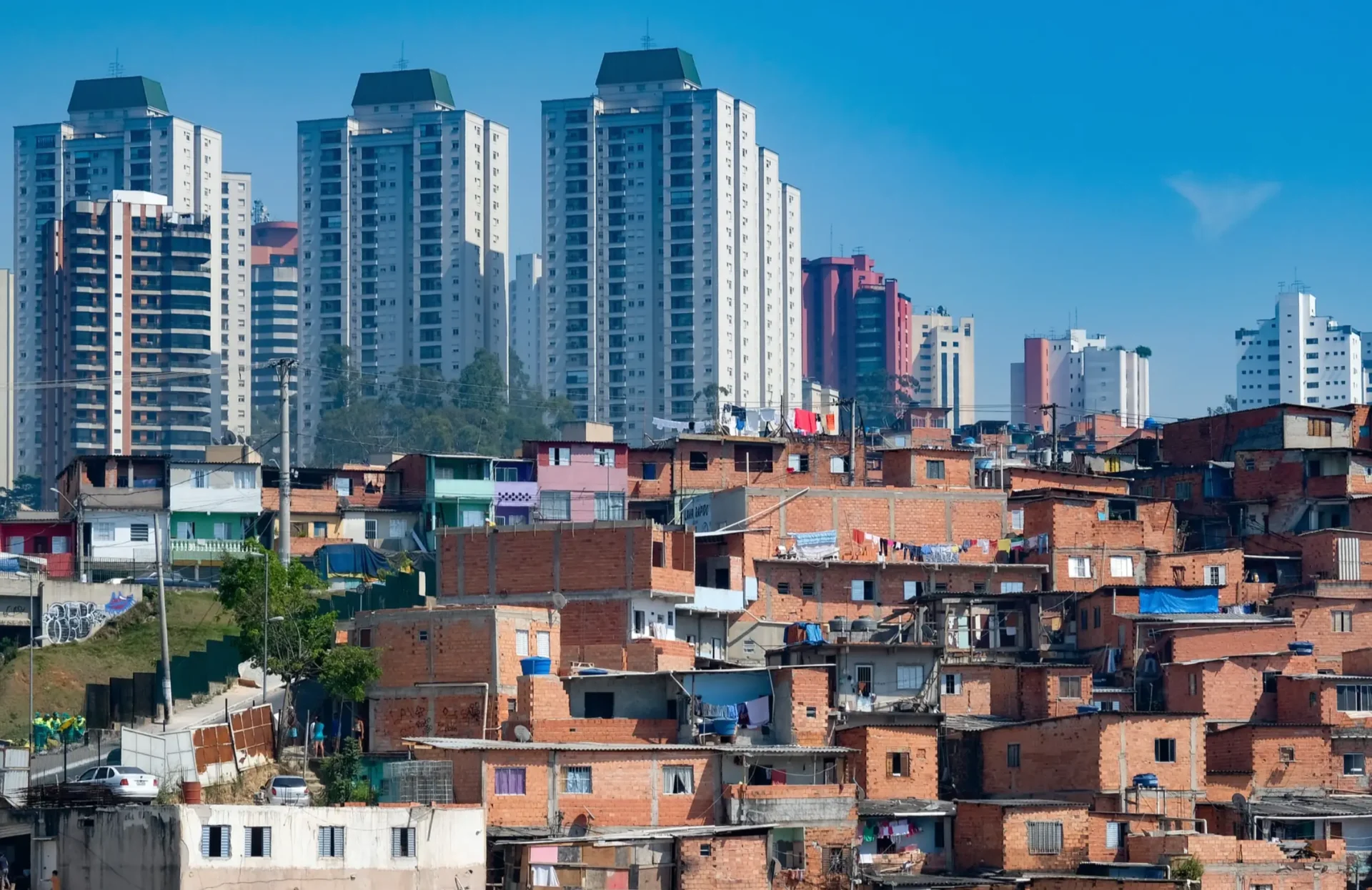Latin America and the Caribbean face a paradox as outrageous as it is dangerous. While the region’s democracies show clear signs of weakening, an economic elite of ultrarich individuals—just 106 people and their families—has amassed more than US$565 billion in combined wealth. In just the first six months of 2025, the wealth of Latin American billionaires grew at a rate twelve times faster than the region’s GDP in 2024. Meanwhile, the poorest half of the population continues to see no improvement in their quality of life: 170 million people live in poverty, and 66 million in extreme poverty.
This inequality is not only a social tragedy—it is also a direct threat to our democracies. Vast fortunes are not just about money; they represent a concentration of power. Power to influence political decisions, fund campaigns, shape public opinion, and block tax reform. In our formal democracies—where each vote supposedly carries equal weight—access to political power is increasingly determined by wealth. What should follow the principle of “one person, one vote” now resembles a system of “one dollar, one vote.”
Recent reports from Latinobarómetro warn of a democratic recession in the region. Today, only 48% of citizens support democracy as a system of government, down from 63% in 2010. One of the main reasons is the growing perception that governments no longer represent the interests of the majority but rather serve the privileges of a select few. This is not an unfounded view. Austerity policies, low social investment, and an unwillingness to tax the rich reinforce the belief that the state is captured by private interests.
At the heart of this problem lies the regressive nature of our tax systems. In most Latin American countries, the richest 1% pays a lower share of taxes than the poorest 50%. Consumption taxes, such as VAT, are widespread, while taxes on wealth, inheritance, or large fortunes are rare or negligible. Only five countries in the region impose taxes on net wealth, and just nine tax inheritances. Moreover, tax evasion and avoidance—practices that overwhelmingly benefit high earners and large corporations—amount to 6.7% of the region’s GDP, around US$433 billion annually. This is the same amount that, according to the Pan American Health Organization, should be invested by countries in public health systems.
This fiscal architecture not only worsens inequality—it also undermines the material foundation of our democracies. Without sufficient revenues, states cannot guarantee basic rights or deliver quality public services. The lack of investment in health, education, housing, care systems, or social protection erodes the bond between citizens and institutions. Inequality thus breeds democratic disaffection, which in turn creates fertile ground for authoritarian rhetoric.
In light of this scenario, the solution is clear: we must urgently move toward progressive tax systems that place greater demands on those who have the most, while strengthening the state’s redistributive capacity. Fiscal policy can no longer be treated as a technical or secondary issue. It is a deeply political tool. If it is not geared toward guaranteeing rights, it ends up reproducing—or even exacerbating—the injustices it should correct.
Following the launch of the Seville Action Platform by the governments of Brazil and Spain—with support from Chile and South Africa—to promote a global initiative for taxing the super-rich, the recent Summit for Democracy, held just days ago in Chile, reaffirmed the urgent need to place this issue at the center of the regional agenda. We cannot seriously talk about strengthening democracy without addressing the distribution of economic and political power. We cannot protect democratic institutions while allowing an elite to concentrate wealth, influence key decisions, and block any attempt at fiscal justice.
The time for tax justice is now.
*Machine translation, proofread by Ricardo Aceves.













